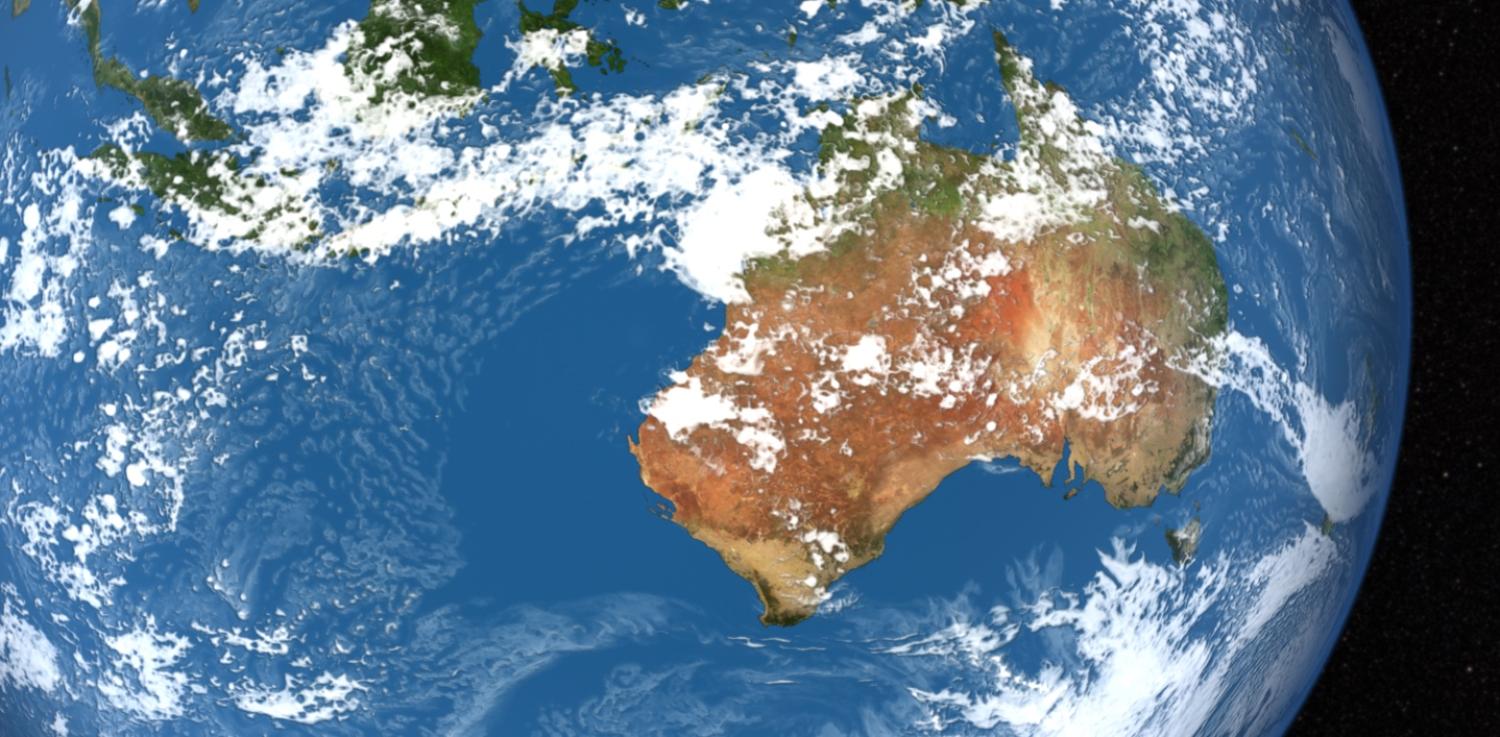Julie Bishop’s recent speech to the Menzies Centre at King’s College London included some interesting signalling about Australian foreign policy. As Euan Graham observes, the speech appears to be part of a broader government strategy to soften Australia’s rhetoric on China, and unsurprisingly included a plea to the UK to do more to support a “rules-based order” increasingly under strain. Oddly, ASEAN did not get the rose-tinted treatment one might have anticipated given Sydney is gearing up to host the special ASEAN-Australia summit in mid-March.
But the ideas canvassed in the speech maintain consistent themes of Bishop’s time in the foreign minister’s office: optimism about the future; the importance of the rules-based order; the Indo-Pacific as Australia’s region; and an attempt to soberly recognise the significant geopolitical risks facing the country and its region.
The other pattern the speech continues is the government’s unfortunate habit of giving its key set-piece foreign policy speeches overseas and directed at an international audience. Bishop’s March 2017 Fullerton Lecture was delivered in Singapore and pitched almost directly at the newly installed Trump administration. Probably the most significant and interesting foreign policy speech given by an Australian prime minister in recent years was Turnbull’s Shangri-La Dialogue keynote, also delivered in Singapore and again not directed especially to an Australian audience. Marise Payne’s Seoul Security Dialogue lecture in the South Korean capital underlined Australian concerns about China’s behaviour. Bishop’s speech in London shows us that the pattern set in 2017 will continue this year.
An international stage provides a better platform than a domestic setting does for diplomatic signalling and to be noticed abroad. And, of course, the travelling gaggle of Australian journalists will ensure that whatever is uttered abroad will be well reported at home.
But the concern is that the government shows little interest in engaging public debate about the nature and direction of Australian foreign policy at a time of profound international change. It was surprising that after publishing the Foreign Policy White Paper last year, the first since 2003, it took nearly three months for Bishop to give a major speech on the topic. That she did so about as far away from Australia as possible tells us pretty clearly that foreign policy speeches are primarily for foreign audiences.
Why doesn’t the government feel a particular need to engage with the public on these issues? Of course, foreign policy is almost entirely irrelevant in terms of electoral politics. Time the government chooses to spend on these topics comes at the cost of issues more likely to shift the preferences of marginal electors. During its consultation period the White Paper also received more than 600 individual and institutional submissions, allowing the government to tick the box on public engagement on international issues.
A second, less obvious, reason relates to the way in which public opinion appears to align pretty closely with what might be called the Canberra consensus about Australia’s foreign policy settings. As the Lowy Poll shows, there is very strong public support for the US alliance, broadly liberal international economic policies, multilateralism, the way the Australian Defence Force is deployed, and regional engagement. Perhaps the government does not feel the need to focus on a public that seems to support its core policies?
While these may be understandable reasons for focusing the political voice internationally, the failure to speak directly and with vigour to the Australian public about foreign policy and its future is a mistake.
While Australia has not yet seen nativism become as politically salient as the examples of Brexit, Trump’s election, or the resurgence of the far right in Western Europe, it would be complacent to assume that the benefits of an outward-looking open society and economy will forever be endorsed by the electorate. Beyond the need to constantly sell a liberal outlook, there are two other reasons the government needs to talk at home as well as abroad about what it is doing in the world.
In its 2016 Defence White Paper, the government committed to the largest military build-up in Australian history outside of war. It has done so because it clearly believes that the uncertain geopolitical environment presents growing risks which the government must take steps to mitigate. The allocation of so much national wealth to the business of fighting wars requires more than platitudes. Imagine how much student assessment scores would improve, how many the National Disability Insurance Scheme could serve, or how far up the league table the country’s universities might march if much of that money travelled in the direction of health and education instead.
Yet equally, the risks of war in Asia have not been as high since the mid 1970s, which means the possibility of Australians fighting and dying is greater than it has been in quite some time. Conflict in the region involving the US will draw in Australia and its new kit. The public needs to know and understand this position.
While the polling by the Lowy Institute shows Australians support many aspects of Australia’s international policy settings, the political thunderstorms of 2016 demonstrated that conventional wisdom can be overturned very rapidly. Polling shows that while Australians may take a pragmatic attitude toward the alliance with the US, their views of the US as a country are more ambivalent, and indeed relatively volatile.
Equally, evidence is fairly mixed on attitudes toward China. While many see the People’s Republic of China as a risk, most see the country as a close friend and great economic opportunity.
Government should not be so confident that the foundations of Australia’s international policy are as secure and strong as they may suppose.
The costs and risks of the policy choices the government has made, and the volatility of political opinions in advanced democracies, mean that it’s time the government got vocal about international issues at home and not only in the ballrooms and lecture theatres of far-flung cities.

